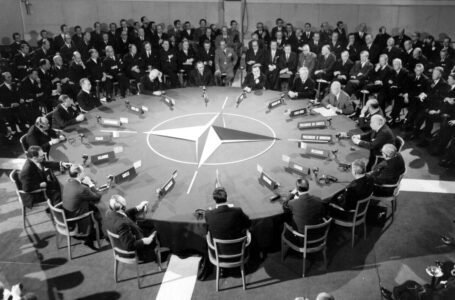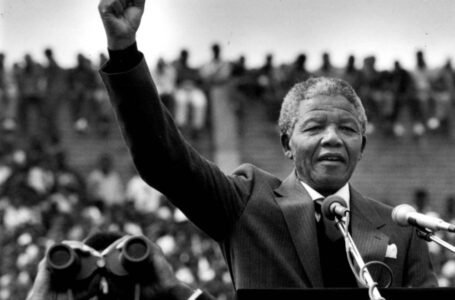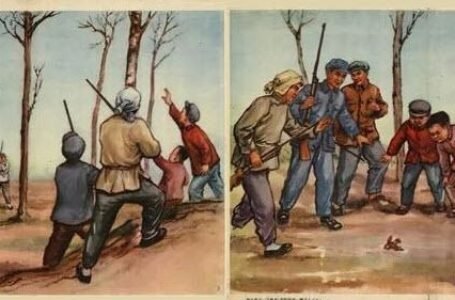Love, Activism, and Empowerment:The Story of Princess Sudhira Devi of Cooch Behar
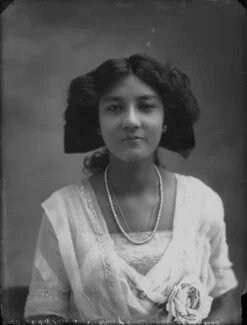
Princess Sudhira Devi of Cooch Behar embodies a legacy of courage, compassion, and advocacy that transcends the bounds of time. Princess Sudhira’s life journey is a testament to her unwavering commitment to social causes, tireless advocacy for Indian women’s rights, and profound dedication to humanitarian efforts during tumultuous times. Defying societal expectations from a young age, Sudhira’s decision to marry for love rather than succumb to familial pressures epitomized her courageous spirit and unwavering determination to follow her heart. Alongside her sister, Prativa Sundari Devi, and esteemed allies such as her aunt Mrinalini Sen and Princess Sophia Duleep Singh, Sudhira waged a valiant campaign for gender equality and political representation, leaving an indelible mark on the course of history. Her legacy continues to inspire generations, serving as a timeless reminder of the transformative power of resilience, empathy, and activism in shaping a more just and equitable world.

In the annals of Indian royalty, the life of Princess Sudhira Sundari Devi Narayan of Cooch Behar stands out as a tale of defiance, love, and integration into British high society. Born on March 7, 1894, in Calcutta, she was the youngest daughter of H.H. Sri Maharaja Sir Nripendra Narayan Bhup Bahadur, Maharaja of Cooch Behar, and H.H. Maharani Suniti Devi Sahiba, a formidable figure who served as Regent of Cooch-Behar and President of the State Council.
Princess Sudhira, affectionately known as ‘Baby,’ was not one to conform to the traditional expectations of Indian royalty. Her story took an unconventional turn when she fell in love with Alan Mander, the brother of Lionel Mander, who was married to her sister, Princess Prativa Sundari Devi. The Cooch Behar family were part of the Edwardian high society of England, but back home in India, Princess Sudhira’s romance with Alan challenged societal norms and familial expectations.
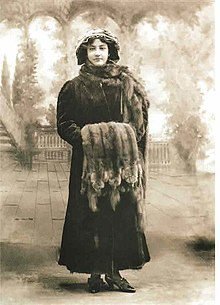
The Cooch Behar family’s immersion into English customs and values set them apart from other Indian princely dynasties. Princess Sudhira and her sister, Princess Prativa, fondly nicknamed ‘Baby’ and ‘Pretty,’ epitomized this cultural fusion. The princesses were educated at Eastbourne, an English boarding school on England’s south coast. This, combined with their close association with European nobility exemplified their cosmopolitan upbringing.
Princess Sudhira’s life exemplifies the intricate interplay between tradition and modernity, duty and autonomy. Her defiance of societal expectations and her pursuit of love reflect the evolving landscape of Indian royalty during the early 20th century. Despite the challenges she faced, Princess Sudhira’s legacy endures as a testament to the indomitable spirit of a princess who dared to follow her heart.
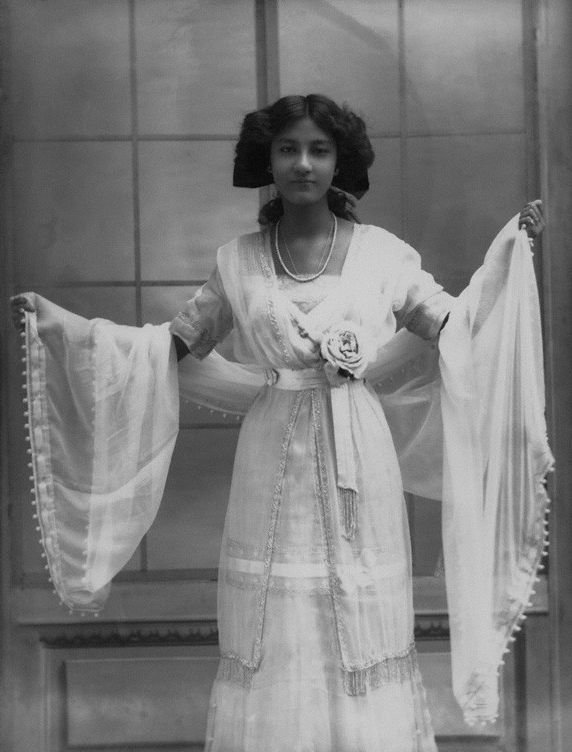
The saga of Sudhira’s love affair unfolded across continents. Princess Sudhira was betrothed to the Yuvraj of Kapurthala at the tender age of 5. However, despite her betrothal, Princess Sudhira fell in love with her sister’s brother-in-law, Alan Mander. Her determination to marry him led to a dramatic confrontation with her family. Even an extended cruise orchestrated by her mother, Maharani Suniti Devi, failed to deter Princess Sudhira’s resolve. Eventually, Princess Sudhira threatened to join a convent if she were not allowed to marry Alan, and her steadfastness prevailed. Princess Sudhira exchanged vows with Alan at Woodlands, Calcutta, in February 1914 with the blessing of her mother. The couple had four children together, two sons and two daughters. The Yuvraj of Kapurthala was furious at Princess Sudhira’s marriage and threatened to kill Alan for tainting his image and disrespecting him. However, against all odds, the Princess’ marriage prevailed.
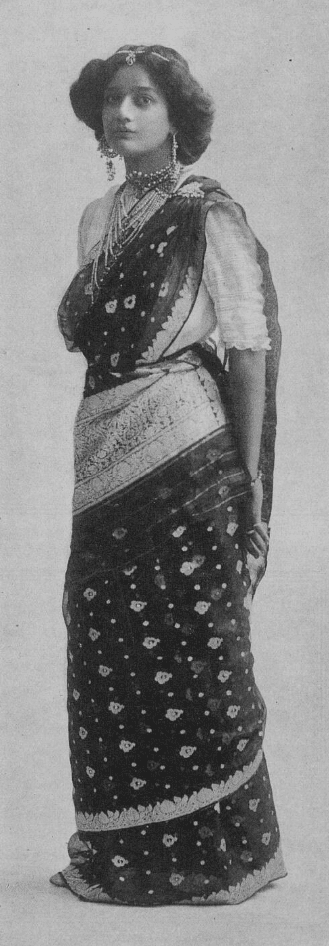
Princess Sudhira’s mother, Maharani Suniti Devi mentioned both her daughters’ marriages in her autobiography “Autobiography of a Princess”. She stated that her daughters’ marriage with the English Mander brothers was the appropriate course of action as both Princess Prativa and Princess Sudhira might have been deemed ineligible for marriage by other Indian royal families due to their anglicized upbringing and personalities.
The union between Princess Sudhira and Alan symbolized more than just a love story—it epitomized the clash between tradition and modernity, duty and desire. Princess Sudhira’s defiance of her betrothal and her choice to marry for love rather than obligation echoed the changing dynamics of Indian society in the early 20th century.
However, Princess Sudhira’s marital bliss was overshadowed by the tumultuous events of World War I. Alan’s participation in the war left him emotionally scarred, and the couple faced their share of challenges upon his return. Alan was shell-shocked and was never able to fully emotionally recover. For a period, Alan and Princess Sudhira resided in Kingston. Alan utilized the princess’ dowry in endeavors to pursue a career as a car-racing driver before relocating to Chelsea. Despite multiple hardships, Princess Sudhira remained resolute, navigating the complexities of her dual identity as an Indian princess integrated into British society.

Princess Sudhira passed away at 40 Hereford Road, London, on January 7, 1968, with her will being validated in London on February 15, 1968, with assets totaling £91.
Due to her marriage, Princess Sudhira Sundari Devi Narayan was often fondly referred to as “Princess Mander”. She transcended the traditional roles expected of Indian royalty to become a beacon of advocacy and philanthropy in both India and England. Born into the esteemed royal family of Cooch Behar, Princess Sudhira’s life journey was marked by a remarkable dedication to social causes and a fervent commitment to fostering better relations between England and India.
Princess Sudhira’s legacy of achievement encompasses a wide array of endeavors, from championing Indian women’s suffrage to tirelessly fundraising for Indian soldiers during World War I. Her endeavors were not solitary; rather, Princess Sudhira collaborated with her sister, Princess Prativa Sundari Devi, her aunt Mrinalini Sen, and Princess Sophia Duleep Singh, forging alliances to effect tangible change.

In the heart of London, Princess Sudhira emerged as a prominent figure in the movement for Indian women’s suffrage, a cause she held dear to her heart. Alongside her sister, Princess Prativa, and esteemed allies such as Mrinalini Sen and Princess Sophia Duleep Singh, Princess Sudhira waged a valiant campaign for the rights of Indian women to participate in the democratic process. Their collective efforts transcended boundaries of nationality and gender, advocating for equality and representation on a global stage.
During the tumultuous years of World War I, Princess Sudhira’s humanitarian spirit shone brightly as she dedicated herself to supporting Indian soldiers serving on the frontlines. As a member of the Red Cross and Voluntary Aid Detachment, Princess Sudhira worked tirelessly to provide essential medical care and support to wounded soldiers. Her efforts extended beyond mere service; Princess Sudhira spearheaded fundraising initiatives to ensure that Indian troops received the assistance they desperately needed during times of conflict.
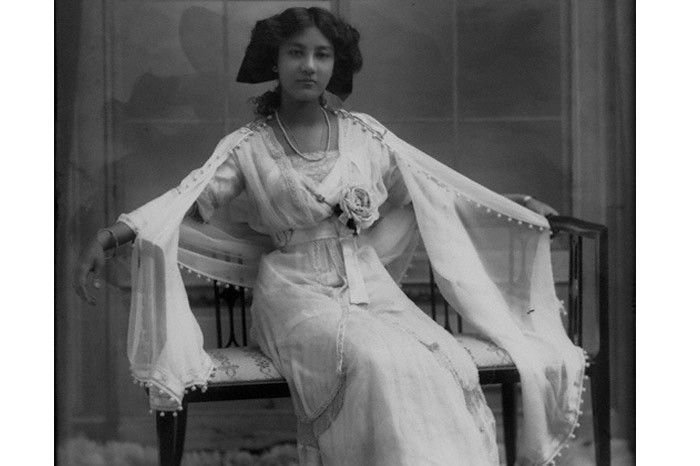
Princess Sudhira’s advocacy and philanthropic endeavors were not confined to the realm of politics or wartime relief. Her commitment to fostering better relations between England and India served as a testament to her visionary leadership and diplomatic acumen. Princess Sudhira recognized the importance of dialogue and cooperation in bridging cultural divides and promoting mutual understanding between nations.
Beyond her notable campaigns and philanthropic activities, Princess Sudhira’s impact was felt on a personal level as well. Her unwavering dedication to her convictions and her willingness to challenge societal norms inspired countless individuals to embrace activism and social change. Sudhira’s legacy endures as a reminder of the transformative power of compassion, courage, and advocacy in shaping a more just and equitable world.
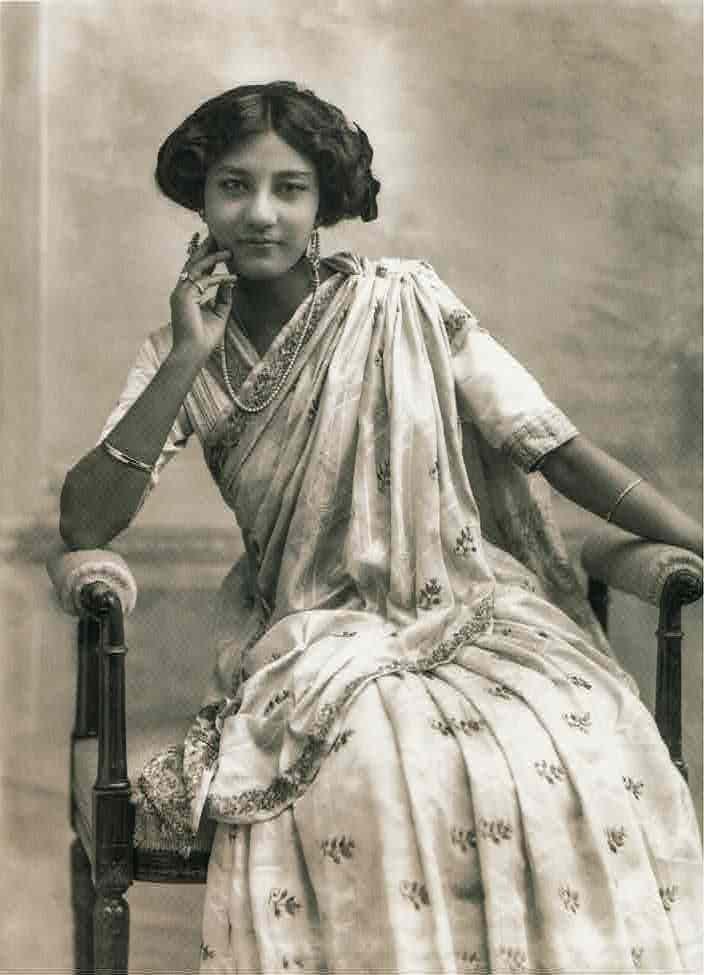
In honoring the achievements of Princess Sudhira Sundari Devi Narayan of Cooch Behar, we pay tribute to a trailblazer whose indomitable spirit continues to inspire generations to strive for a better future. Her legacy serves as a beacon of hope and a testament to the enduring power of empathy and activism in creating positive change in the world.
